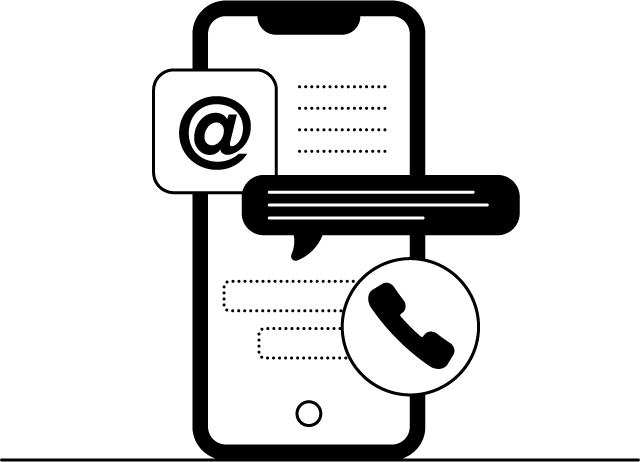Phone scams (AKA vishing) are fake calls from scammers claiming to be from your bank, building society, or organisations like telecom providers and HMRC. They may use your full name, a number you recognise, or mention personal details to convince you that you’re speaking to a genuine caller.
Fake callers sometimes claim that you’ve been the victim of fraud and urge you to share confidential information, like your PIN or passwords, to prove your identity. They may then use these details to access your bank account or demand that you make an immediate payment to their accounts to resolve a problem.
